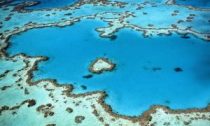
There are many challenges that are top-of-mind when we think about ocean conservation. And science is perhaps the most crucial part of decoding these challenges. It underlies a lot of the innovation we need to save the ocean. However, while science underlies many of these solutions, scientists aren’t the only perspectives we need. From storytellers like filmmakers to event planners and educators, we very much need multiple perspectives to spurn effective solutions.
EarthX, “the world’s largest environmental conference and film festival,” ran a virtual event just last week that embodies this principle. The event, in partnership with National Geographic, acknowledges the importance of scientific viewpoints, inviting marine biologist and former NOAA Chief Scientist Sylvia Earle.
But ...
Read More









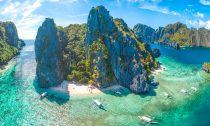


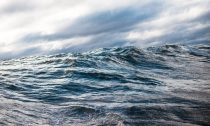
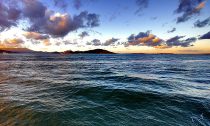

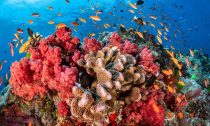
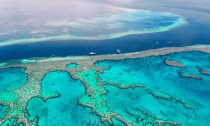
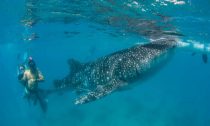

Social Profiles